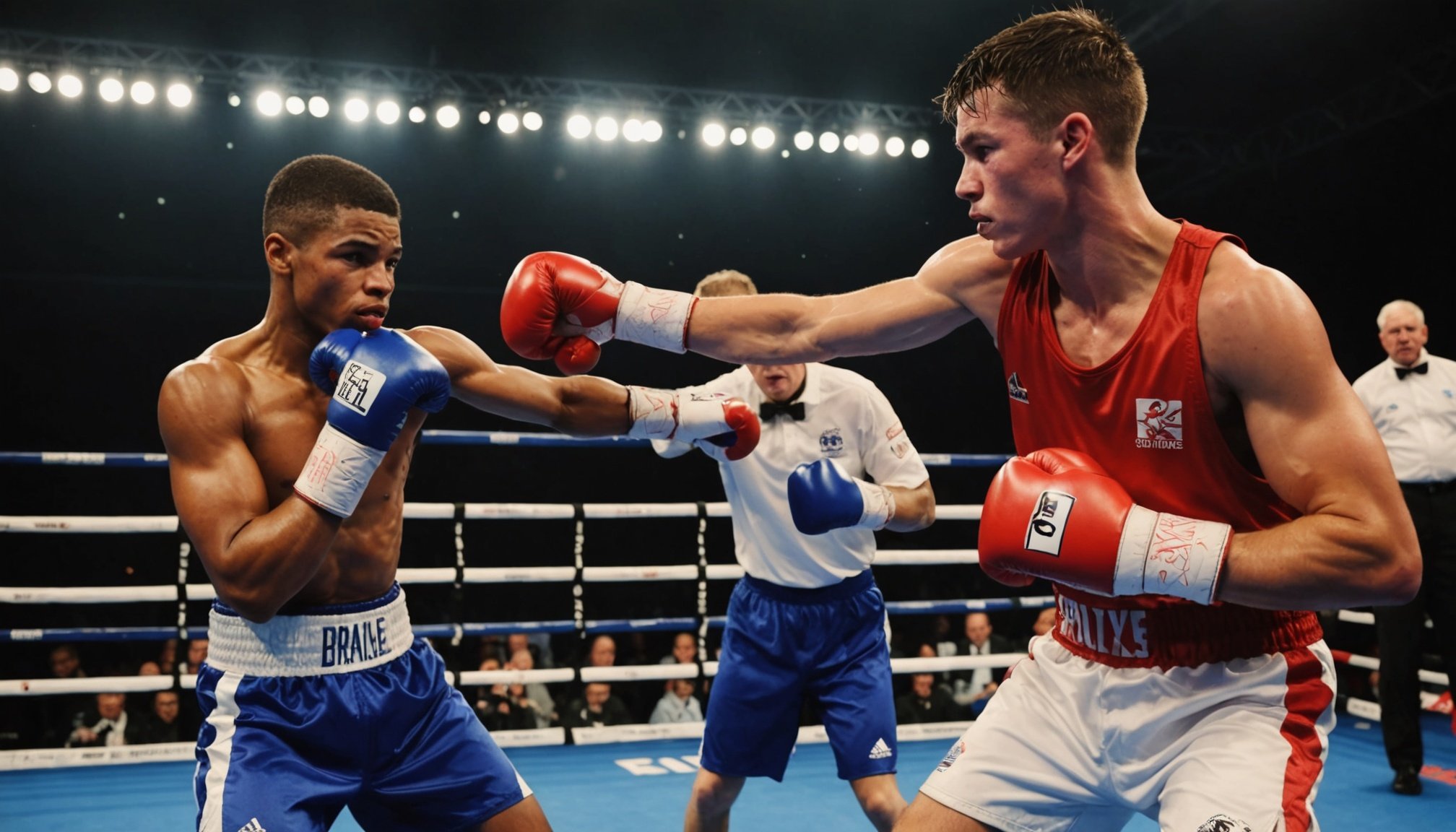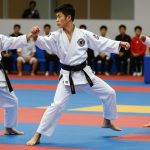Understanding Mental Toughness in Boxing
Mental toughness in boxing refers to a fighter’s ability to remain resilient under pressure, handle adversity, and maintain focus and discipline. It plays a crucial role in boxing psychology, determining how athletes cope with the highs and lows of their sport. For young boxers, developing this resilience is especially significant as they often face unique psychological challenges.
Common Psychological Challenges
Young athletes in youth sports contend with various psychological hurdles, such as the fear of failure, performance anxiety, and societal pressure to succeed. Mental toughness equips them to navigate these obstacles by fostering a positive mindset and enabling them to recover swiftly from setbacks.
Also read : Top Strategies for UK Combat Sports Athletes to Tackle Stress and Combat Mental Fatigue
Impact on Performance
The influence of mental toughness on boxing performance cannot be understated. Boxers who exhibit strong mental resilience are more likely to perform consistently and at their peak, even in high-stakes situations. This toughness ensures they can swiftly adapt to changing dynamics during a match, maintain composure, and execute strategies effectively.
Developing these skills early in youth sports can have lifelong benefits, not only for athletic pursuits but also for personal growth. Coaches and trainers often emphasize mental toughness alongside physical training, underscoring its indispensable role in achieving sporting success.
Also to see : Top Strategies for UK Judo Practitioners to Boost Grip Strength Effectively
Strategies for Developing Mental Toughness
Developing mental toughness is crucial for athletes aiming for peak performance. It not only enhances resilience but also boosts confidence in the ring.
Visualization Techniques
Visualization is a powerful tool in athletic performance. It involves crafting detailed mental images to enhance success and reduce anxiety. By imagining successful matches, boxers can improve their concentration and readiness. Practical exercises include visualizing each punch, dodge, and strategy during sparring sessions. Over time, integrating visualization into daily training can sharpen instincts and build confidence.
Goal Setting Frameworks
Setting SMART goals is vital for young athletes. Specific, Measurable, Achievable, Relevant, and Time-bound goals provide clarity and focus. Breaking down long-term objectives into manageable milestones ensures progress, making tasks less overwhelming. Encouraging teamwork also fosters accountability, motivating boxers to support each other, enhancing personal growth and peer trust.
Cognitive Behavioral Techniques
Cognitive restructuring helps athletes understand and alter negative thought patterns, a common challenge among competitors. Practicing positive self-talk can significantly reduce anxiety and boost performance. For instance, replacing “I can’t miss this punch” with “I am prepared and capable” shifts mindset positively. Incorporating affirmations and reflective practice into training can transform thinking, increasing mental resilience and fostering a winning mentality.
Practical Training Exercises for Resilience
To promote resilience building among young athletes, training exercises play a pivotal role. These activities focus on enhancing mental conditioning and preparing athletes to face challenges head-on.
Sparring Scenarios
Creating carefully designed sparring sessions helps push athletes beyond their mental limits. By simulating various adversities that one might encounter in the ring, sparring scenarios become invaluable. When faced with obstacles within these scenarios, athletes learn critical lessons about maintaining focus and composure. Competitive experiences in sparring are profoundly instrumental in building resilience, teaching how to manage stress and optimise performance under pressure.
Group Challenges
Incorporating team-based challenges fosters a strong sense of support and camaraderie. By engaging in competitive games, athletes work together to strengthen mental resilience. These games can be both fun and challenging, making them perfect for building team bonds. Encouraging peer feedback and sharing experiences during these challenges elevate the collective learning, enabling athletes to grow together.
Mindfulness Practices
Mindfulness techniques are introduced to aid focus and relaxation, critical aspects of mental conditioning. Breathing exercises, for instance, provide young athletes with tools to calm their minds and bodies. Implementing mindfulness in pre-fight routines enhances mental clarity, ensuring athletes enter the ring fully prepared and resilient.
Expert Insights and Success Stories
Gaining expertise in any field often requires guidance and encouragement. Mentorship in boxing is about more than just physical training; it shapes the entire athlete.
Interviews with Coaches
Listening to insights from renowned boxing coaches reveals that mental toughness is crucial. They consistently highlight that success isn’t just about strength; it’s about perseverance. Successful trainers employ strategies like personalised training and fostering a growth mindset to encourage this toughness. The importance of mentorship cannot be understated, as it develops not only athletic skills but also character.
Case Studies of Resilient Athletes
Young athletes who have overcome adversity inspire many. These success stories teach us that resilience can take an athlete far beyond the ring. Their journeys showcase rigorous training protocols and a relentless pursuit of improvement. Resilience, often fueled by supportive mentorship, continues to shape their successful boxing careers.
Resources for Coaches and Parents
For those looking to bolster understanding, numerous resources are available. Recommended books and articles delve into mental toughness, enriching the knowledge of both coaches and parents. Online courses and workshops cater to those seeking further learning opportunities. Community support networks provide invaluable advice and encouragement for young boxers and their families.











